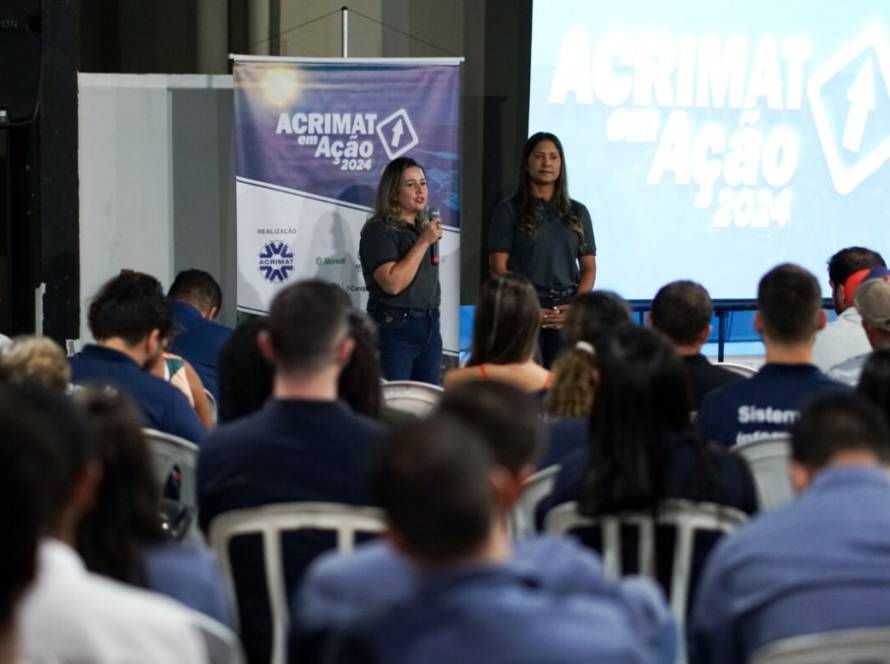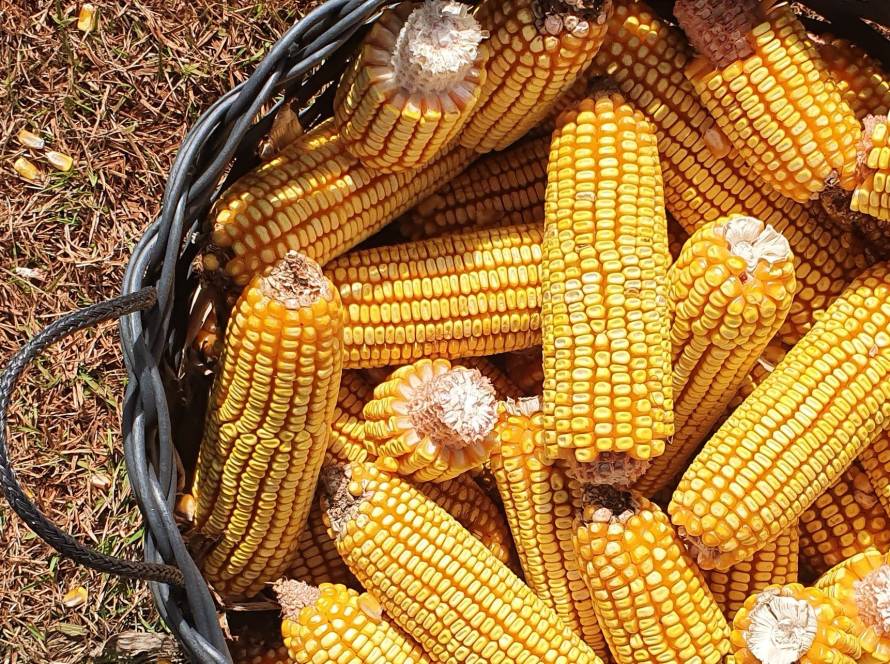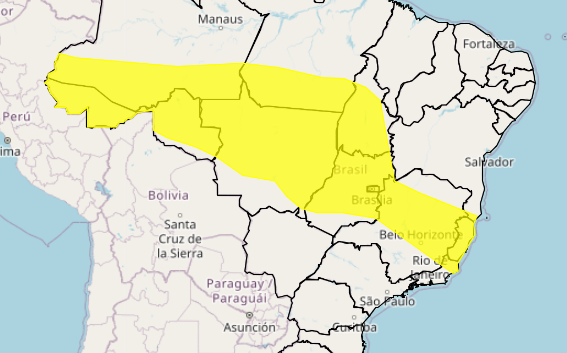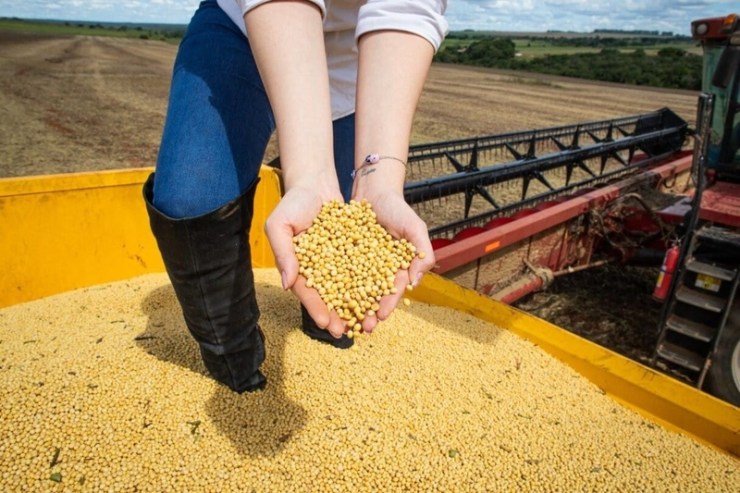Grain classification is one of the major challenges faced by rural producers, especially when it comes to marketing. Discrepancies in classifications can result in significant losses, reducing the value of the product delivered. To promote fair analysis, since 2017 the Mato Grosso Soybean and Corn Producers Association (Aprosoja MT) has had the Legal Classifier program, which has been widely praised by farmers.
According to Fernando Ferri, vice president of the southern region and coordinator of the entity’s Agricultural Defense Commission, the program is a turning point. “There have always been conflicts between what producers consider to be correct and what warehouses claim. The classifier acts as an arbitrator, bringing more transparency to the process. We would only eliminate this problem if all producers had their own warehouses and standardized their soybeans, but until that is possible, having confidence in a fair classification is essential,” he explains.
Primavera do Leste producer Geisa Fochesatto says she sought support from the program after facing problems with divergent classifications during the delivery of soybeans. According to her, the technical basis provides greater security. “We see Aprosoja MT as a great partner. Before, we were at the mercy of accredited classification companies, without a basis to discuss the quality of our product. Now, we have more voice to question and ensure that it is evaluated correctly,” she says.
She reports that she had to call the service on more than one occasion, due to classifications that did not match the reality of her production. “A company claimed that our soybeans had impurities outside the standard, which was not true. Thanks to the basis acquired, we were able to argue and ensure that our soybeans were classified correctly,” she adds.
For Douglas Michels, delegate of the Araguaia-Xingu nucleus from Santa Cruz do Xingu, the Legal Classifier is a fundamental tool to avoid losses in the marketing of soybeans. The producer says that he has already requested the service to arbitrate disagreements in the classification. “I have had problems with companies saying that my soybeans had 18% of damage, but when the Aprosoja MT classifier came, he found only 6% or 7%. I also had disagreements regarding humidity and impurities”, he emphasizes.
Furthermore, Douglas emphasizes the importance of the program to better understand the stored product through quality analysis. “I requested a classifier to perform sampling in my silo, as I had problems loading and was unsure whether the quality had started to decline. With this support, I was able to better understand my product and make more assertive decisions,” he highlights.
The delegate of the Sapezal center, Gustavo Guimarães, reinforced the importance of the program. “Today, soybean classification is one of the critical processes that can directly affect the quality and value of our production. When the analysis shows any deviation from the standard, Aprosoja is there to help standardize the sampling and ensure that the methodology used is the one established by MAPA,” he says.
Through the Legal Classifier, Aprosoja Mato Grosso reinforces its commitment to defending the interests of producers and ensuring greater transparency in grain sales. With guidance and qualified classifiers, the initiative prevents irregular practices, such as inadequate classification and substantial discounts on grains that may present superficial defects. Given the challenges faced in the field, the producers' testimonies show that the technical support provided by the entity is essential.
Legal Classifier
Implemented in 2017, the Legal Classifier brings a great advantage to producers, as it offers an impartial assessment in accordance with the official standards required by Normative Instruction 11/2007 (IN11/2007) and with a report recognized by the Ministry of Agriculture and Livestock (Mapa). It ensures that producers can contest inadequate classifications and avoid undue discounts on cargo.
In 2024, more than 1,200 services were carried out, around 65% of which were for arbitration, standing out as an essential tool for ensuring compliance in soybean and corn classifications.
For rural producers who wish to activate the grain classifier in their region, simply activate the Producer Channel by phone or WhatsApp (65) 3027-8100 and open a service order. The arbitration or sampling analysis will be done by the closest available classifier.




